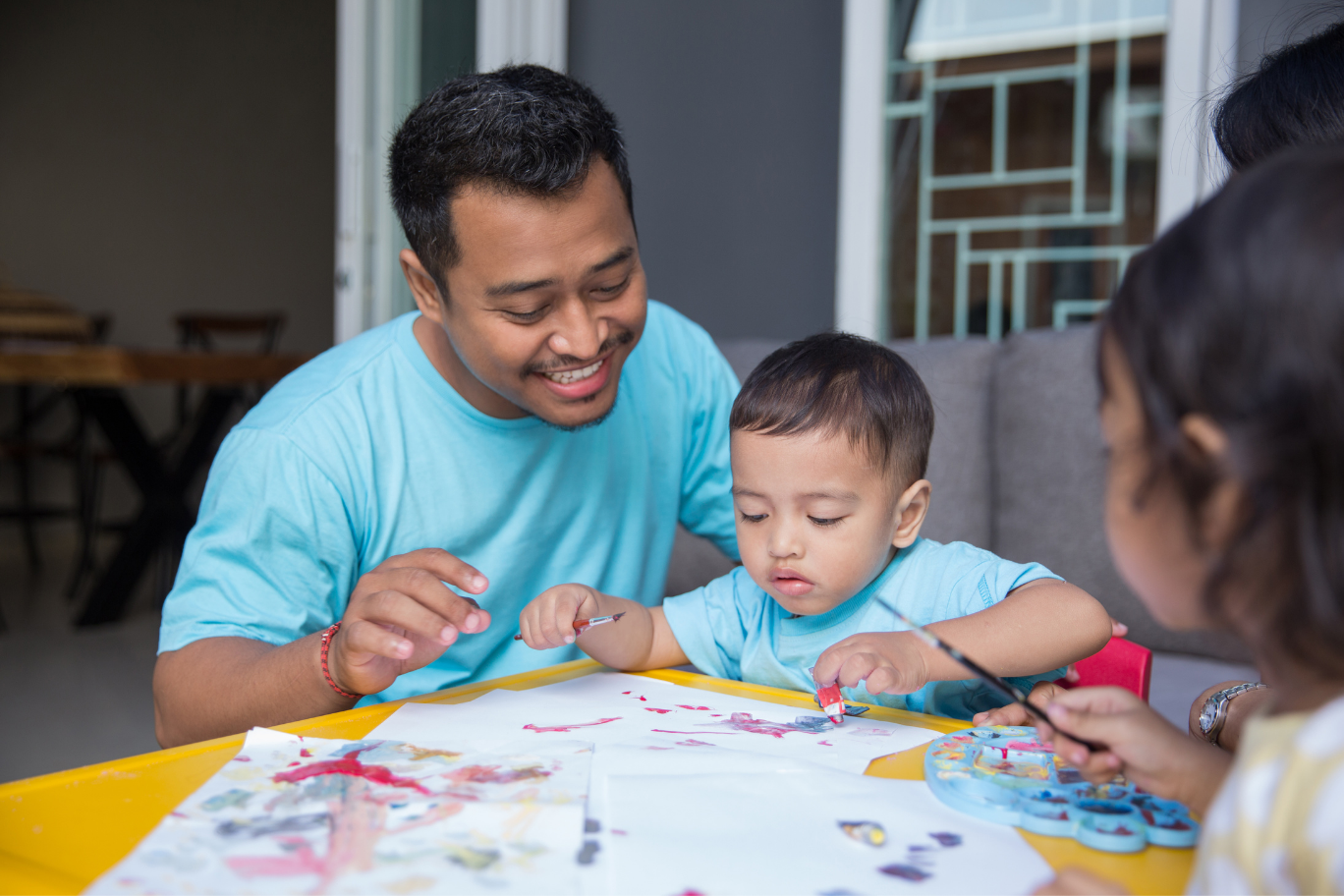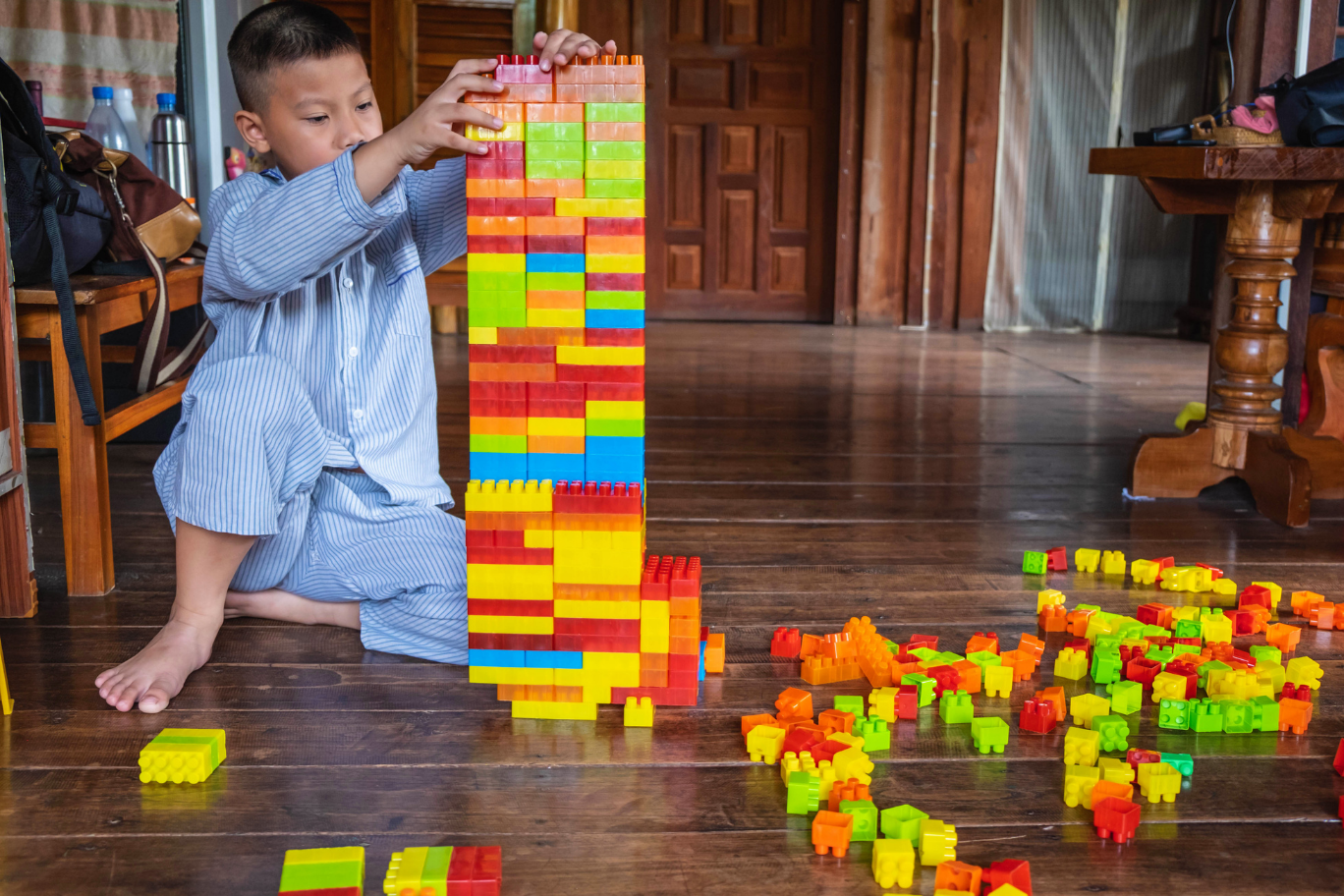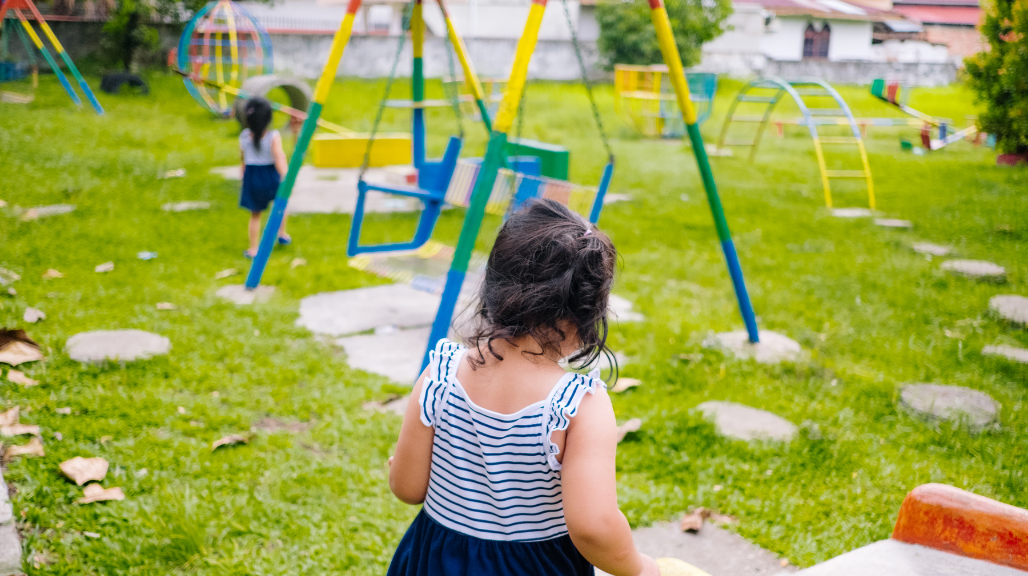Touted as one of the most effective ways to nurture creativity in children, play-based learning is an important method to keep kids engaged in active learning as they put their minds to good use with the exploration of the world in order to gain an understanding of the natural and social environments around them. So, how does this learning that is seemingly rooted in entertainment could help and benefit children in a way that is educating as much as it is fun?
A Play Based Curriculum is, as its name implies, aimed at helping children learn about the world through play. Through play-based learning, children are able to develop social skills, motivation to learn, and language and numeracy skills, amongst other things. According to renowned psychologist and child development theories Jean Piaget, play is integral to the development of intelligence in children, in which he argued that as a child matures, their environment and play should encourage further cognitive and language development.
With so many values and qualities promised, it can be easy to mix up such ‘play’ with ‘work’. Although both are vital to child development, they are different from one another in this space. Certain activities labelled as play-based learning when they are gamified work can easily lead to confusion and possibly tedium. One simple way to differentiate the two is if there is an agenda for the activity, it likely is not play-based learning with a child won’t be reaping the benefits of true play-based learning.
To start, here are the common five elements that can be found in play-based learning.
1) Self-chosen
Play-based learning starts by giving a child creative control when it comes to dictating their playing choice and style. Although there is no definitive form of play, we all can identify it once we see it. For children, many everyday activities can be huge learning opportunities regardless of how banal they seem to the grownups. While adults have their own idea of fun, children definitely are not in the same league as theirs.
Since the key here is to get children to run wild with their creativity at their own pace and directions, adults are best to initiate or provide the necessary tools to get them started. For instance, if the children prefer drawing, the adults should give the appropriate tools such as drawing blocks and colour pencils to let them work their own magic. Allow children to paint what they see, the varying painting techniques used, the goal here is all about the process of self-discovery, less to do with the final results.
2) Enjoyable
If a child does not find the activity to be enjoyable, chances are they feel the activity to be menial work instead of enjoying the play. Having fun is very important in this aspect as children will unquestionably go through a litany of trials and errors in which only with play that their interests shall be maintained.
As children are left to their own devices, they will be relying heavily on their imaginations and problem-solving skills to deconstruct any new or unfamiliar difficulties faced. For example, instead of setting an end objective on what the final result should be, try giving children the leeway to construct any shape out of LEGO bricks they desire by offering them just the bricks themselves. This will get children to comprehend abstract concepts as they learn the concepts of shape and form through meticulous bricks stacking to get the shape of a square, then rectangle, and ends with a skyscraper, for instance.
3) Unstructured
Perhaps the most important part of play-based learning is the idea that anything goes, literally with whatever children find themselves enjoy doing. Unstructured play is where children engage in open-ended play that has no specific learning objective. A departure from academic learning, it is important to let children get the most out of unstructured play as it provides them with a sense of freedom and control over what they do.
Here children will learn more about themselves as they are driven by their own interests to learn what they like and don’t like, as well as making mistakes without feeling any pressure or failure, which builds confidence in their abilities as they are open to making mistakes through trials and errors, giving them a sense of accomplishment with the work they have done.
4) Process-oriented
Once again, play-based learning is all about the ‘journey’, with an aim to get children fully engaged in the moment of play as they will experience and pick up new things at their own pace, all of which are highly motivating factors to drive them to learn more. Furthermore, focusing on the process also gives children the opportunity to express their creativity, in-depth exploration of their activities, and allowing them to draw a conclusion to their play instead of predetermining one from the outset.
5) Make-believe
As part of play-based learning, make-believe activities are a typical part of every childhood. Besides the fun part, imaginative play is proven to be important in a healthy child’s development as such plays help develop creativity, nurturing empathy, and build social competence early on. Make-believe activities encourage social development as children are given the opportunity to behave as themselves and as someone else simultaneously.
Such role-playing offers a unique perspective to explore the world while also allowing children to input their own ideas to the characters they are impersonating, giving them a chance to express, explore, and work out their own thoughts and feelings.
Overall, play-based learning has a lot to offer when it comes to developing active learning for children at a young age. In short, play gives children the opportunity to express their imagination, creativity, and curiosity, all of which are fundamentally important to prepare children for what awaits them as they grow older. Are you looking to give your child an early start? Why not let your child express themselves creatively with our enrichment programme today?
With enrichment programmes and workshops established to help children learn in a way that is fun and exciting as much as it is wholly educational, we believe using the right approach will get children to be interested in learning the most important subjects today, such as arithmetic, physics, and mechanical and software engineering. For more information about our enrichment programme, get in touch with us now!





